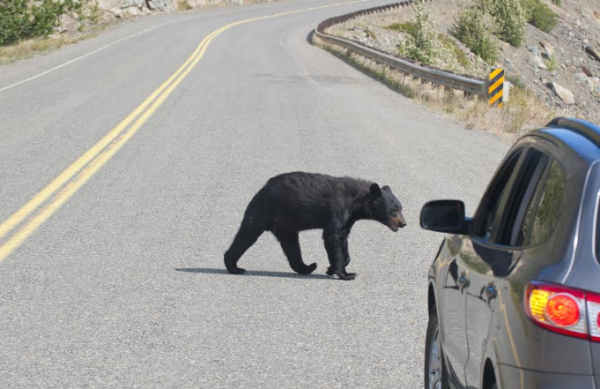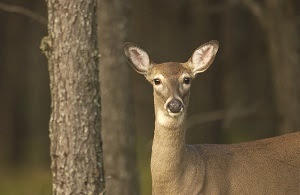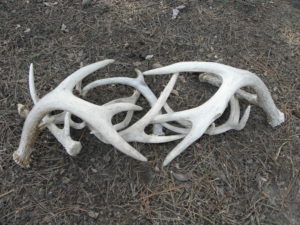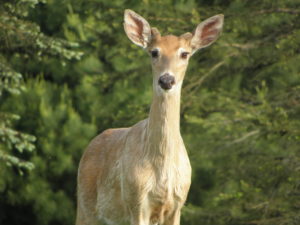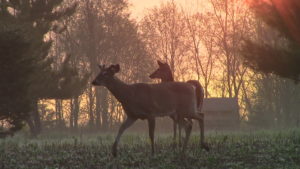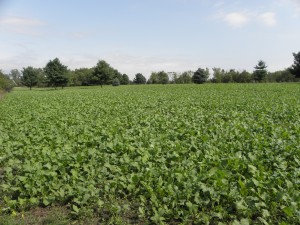By Glen Wunderlich
Michigan’s paradigm for deer-herd management has changed and it’s time to acknowledge it. Yesteryear’s philosophy to protect the females in the herd has gone the way of our seasoned citizens who’ve become the dinosaurs of the modern hunting fraternity. For decades, we’ve managed our deer population to accommodate the desire of wildlife watchers and a protectionist attitude to build up the herd. Now, it’s time end that tired thinking and to drastically reduce the number of deer to minimize the spread of Chronic Wasting Disease (CWD). By all accounts, the dreaded disease will be with us for the rest of our time on earth.
The Michigan Natural Resources Commission (NRC) has approved a series of deer hunting regulations aimed at slowing the spread of chronic wasting disease (CWD). The action came after months of commission members and Department of Natural Resources staff hearing from hunters, residents and others interested in the long-term health of the state’s deer population, and a thorough review of the best available science on chronic wasting disease.
“We hope that by setting these specific CWD regulations we can limit the movement of this disease in Michigan,” said Vicki Pontz, NRC chairperson. CWD is a fatal neurological (brain and nervous system) disease found in cervids – deer, elk and moose. There is no cure; once an animal is infected, it will die.
The disease first was discovered in Michigan in a free-ranging deer in May 2015. To date, more than 31,000 deer in Michigan have been tested for chronic wasting disease, and CWD has been confirmed in 60 free-ranging deer in six Michigan counties: Clinton, Ingham, Ionia, Jackson, Kent and Montcalm.
The approved deer hunting regulations, which will be in effect for the 2018 deer seasons, unless noted otherwise, include the following provisions:
§ Reduce the 4-point on-a-side antler requirement on the restricted tag of the combination license in the 16-county CWD Management Zone. Under the new regulation, a hunter in the CWD Management Zone can use the restricted tag of the combination license to harvest a buck with antlers as long as it has at least one 3-inch antler.
§ Create a discounted antlerless license opportunity in the CWD Management Zone on private land; if purchased, the license will expire Nov. 4, 2018.
§ Effective immediately, a statewide ban on the use of all natural cervid urine-based lures and attractants, except for lures that are approved by the Archery Trade Association.
§ An immediate ban on baiting and feeding in the 16-county area identified as the CWD Management Zone. This area includes Calhoun, Clinton, Eaton, Gratiot, Hillsdale, Ingham, Ionia, Isabella, Jackson, Kent, Mecosta, Montcalm, Muskegon, Newaygo, Ottawa and Shiawassee counties.
§ A ban on baiting and feeding in the Lower Peninsula, effective Jan. 31, 2019, with an exception to this ban for hunters with disabilities who meet specific requirements. The start date on this regulation is intended to allow bait producers and retailers time to adjust to the new rule.
§ Effective immediately in the CWD Management Zone and four-county bovine tuberculosis area (in Alcona, Alpena, Montmorency and Oscoda counties), hunters with disabilities who meet specific requirements can now use 2 gallons of single-bite bait, such as shelled corn, during the Liberty and Independence hunts.
§ Allowance of all legal firearms to be used in muzzleloader season in the CWD Management Zone.
§ A purchase limit of 10 private-land antlerless licenses per hunter in the CWD Management Zone.
§ Restrictions on deer carcass movement in the five-county CWD Core Area (Ionia, Kent, Mecosta, Montcalm and Newaygo counties) and the CWD Management Zone.
§ Antlerless options on deer licenses/combo licenses during firearms seasons in the five-county CWD Core Area.
§ Expansion of early and late antlerless seasons in select counties.
§ Changes to regulations regarding wildlife rehabilitators.
Even the animal-rights activists have no better solution than to reduce the numbers of our precious whitetail resource. Yes, it’s sad, but true and all the bellyaching in the world will not change a thing.



